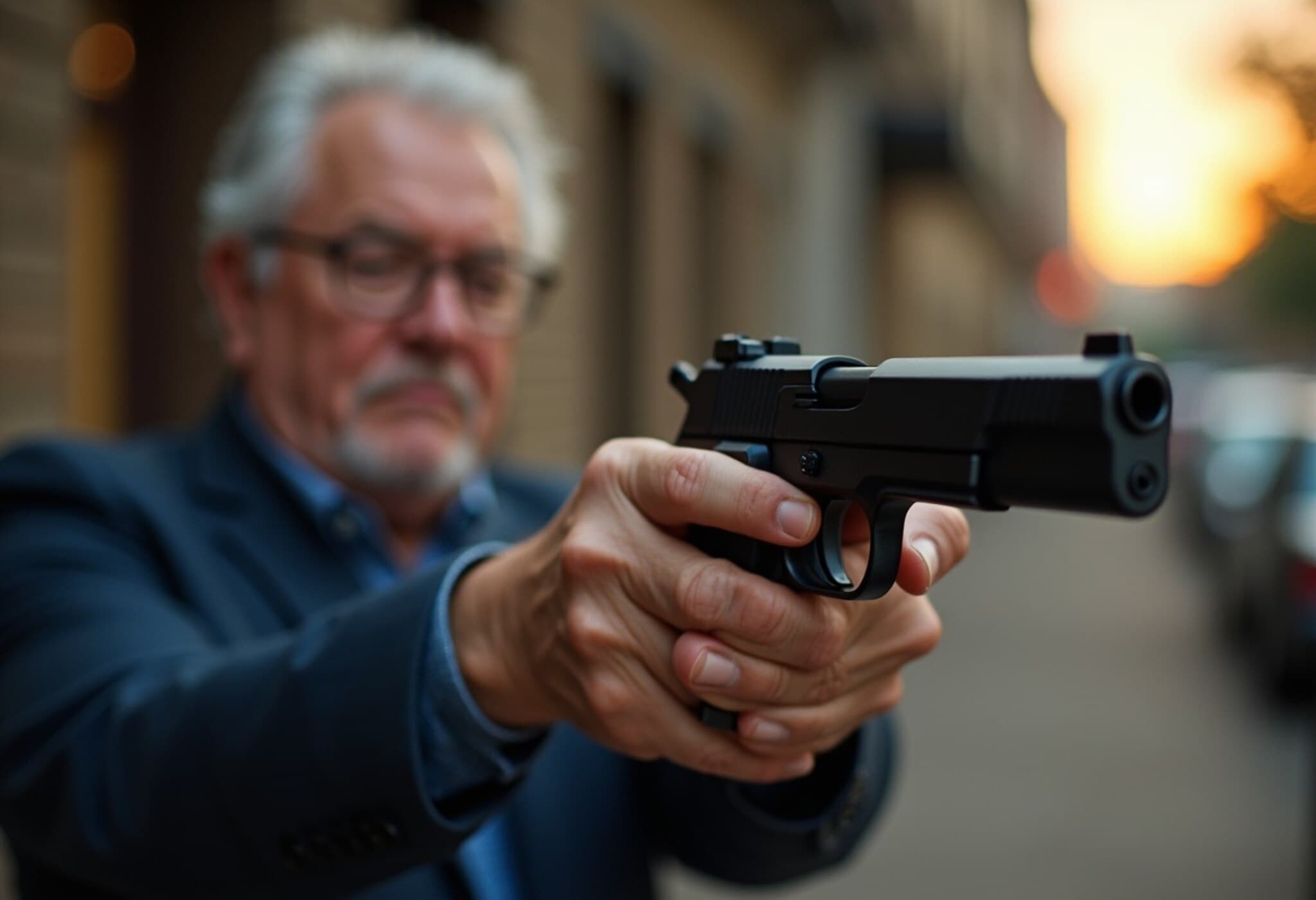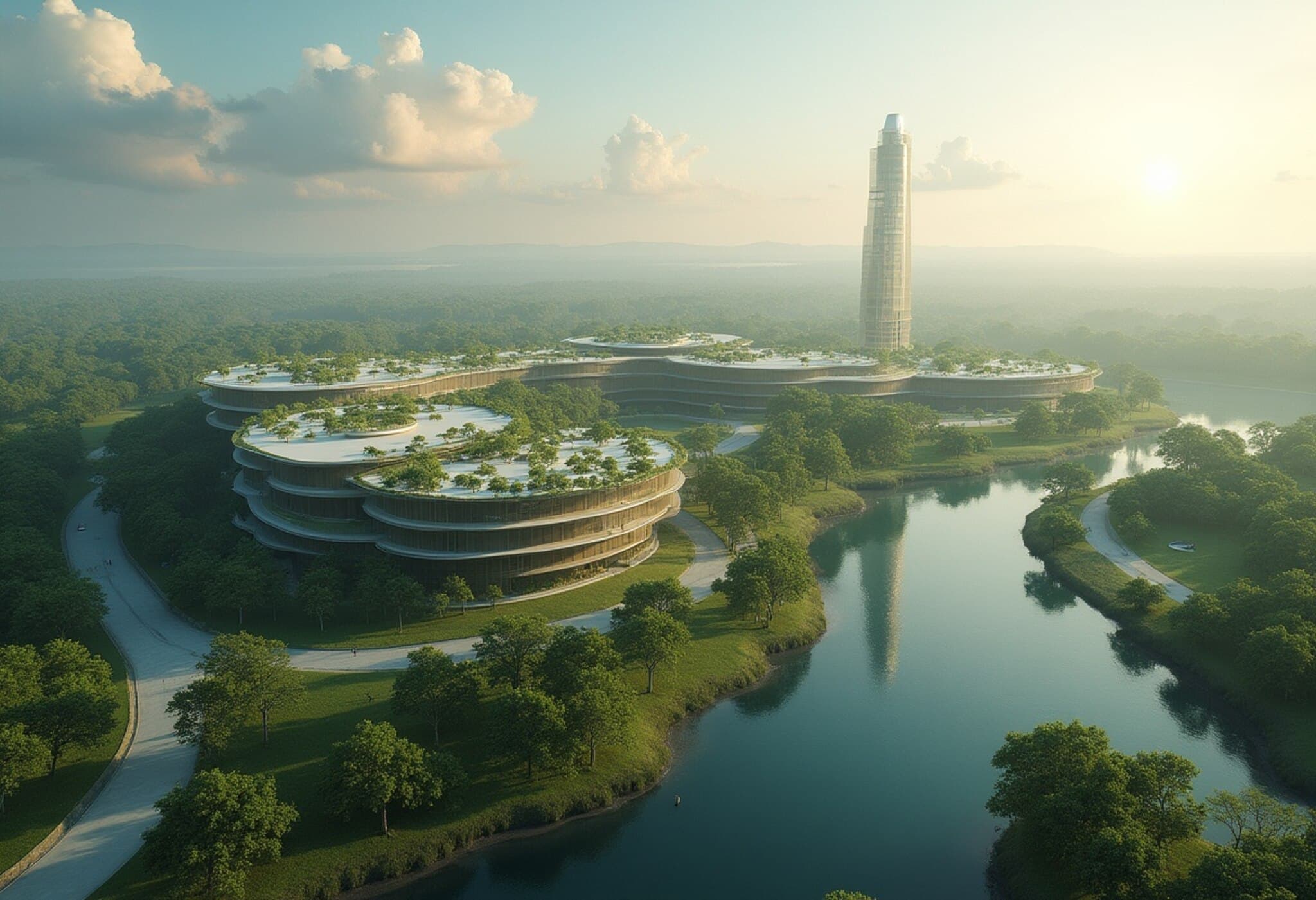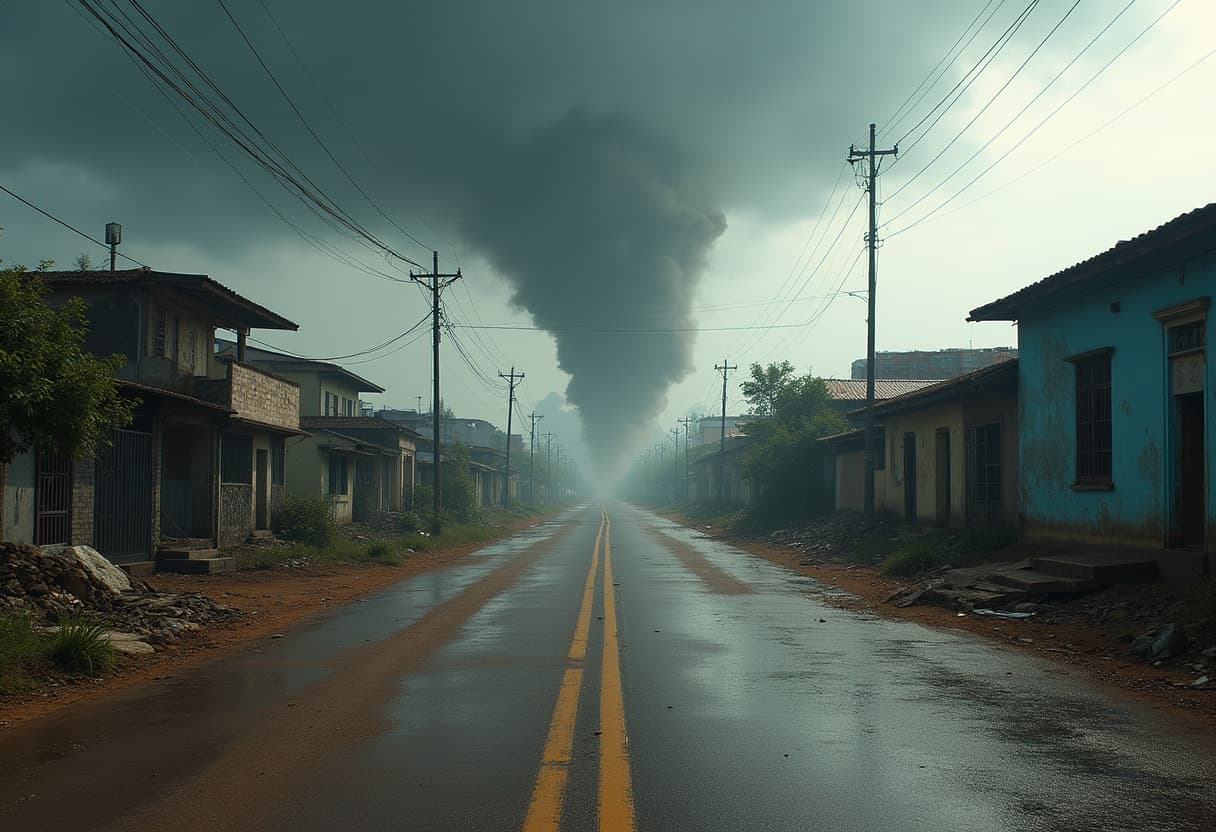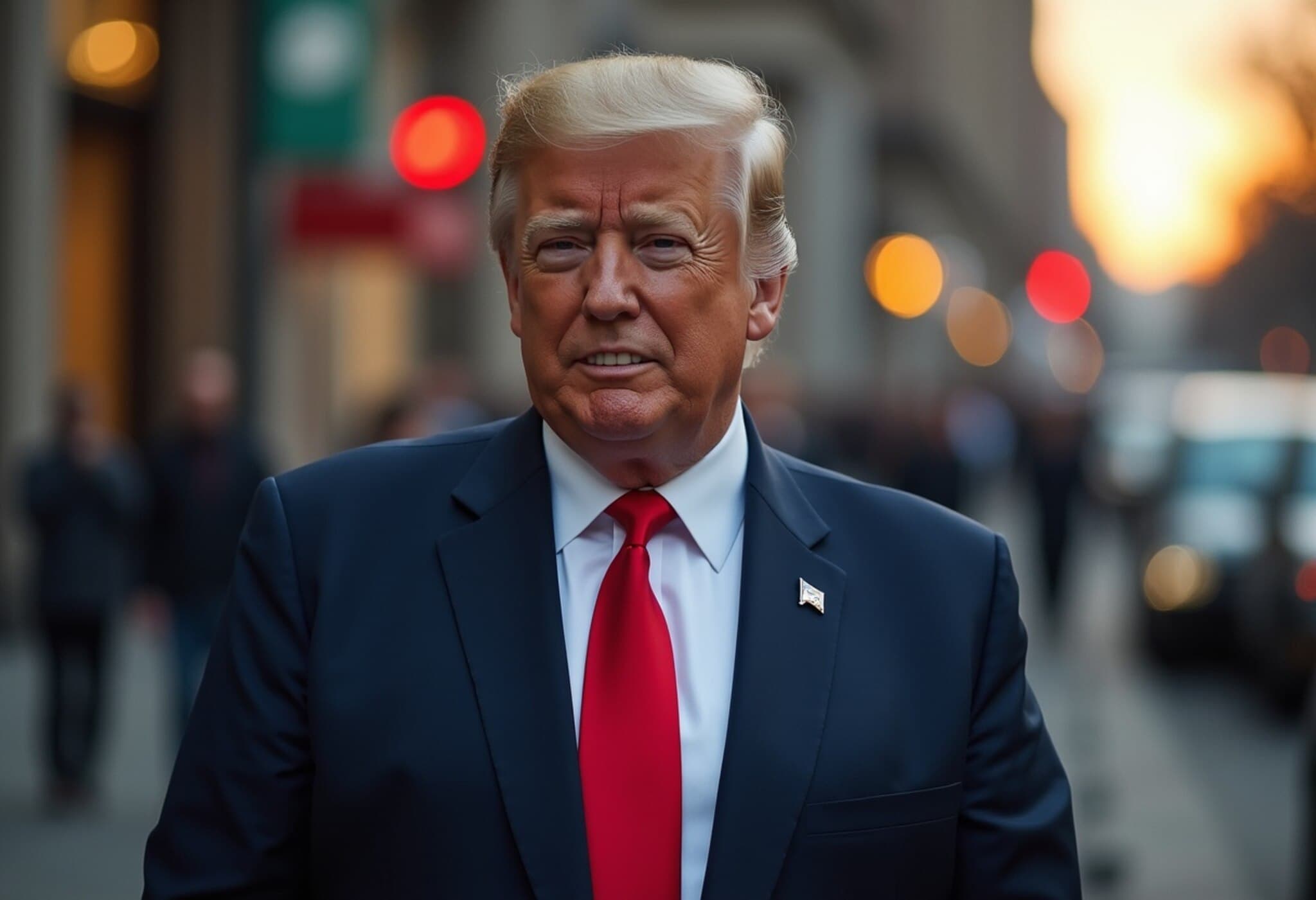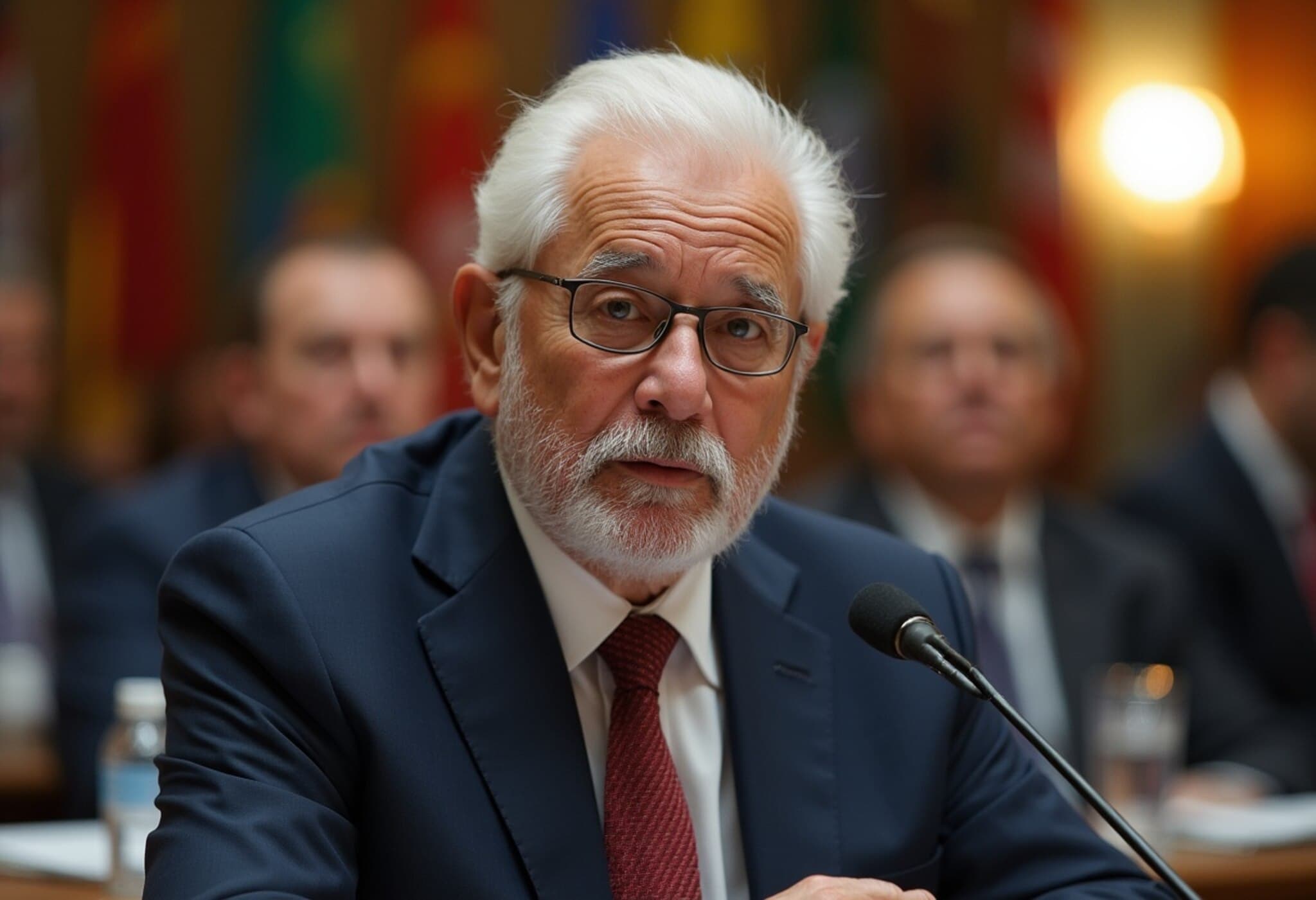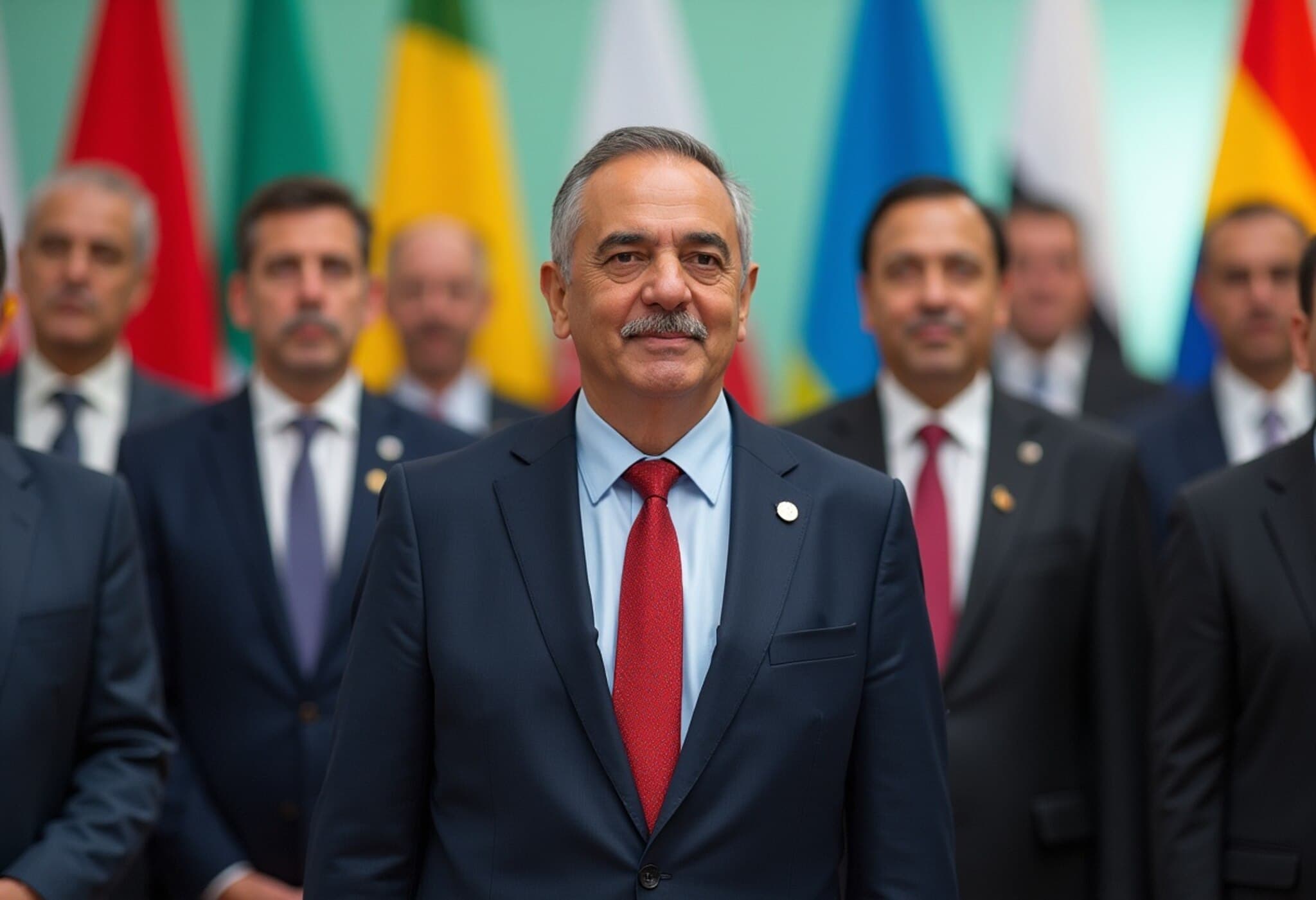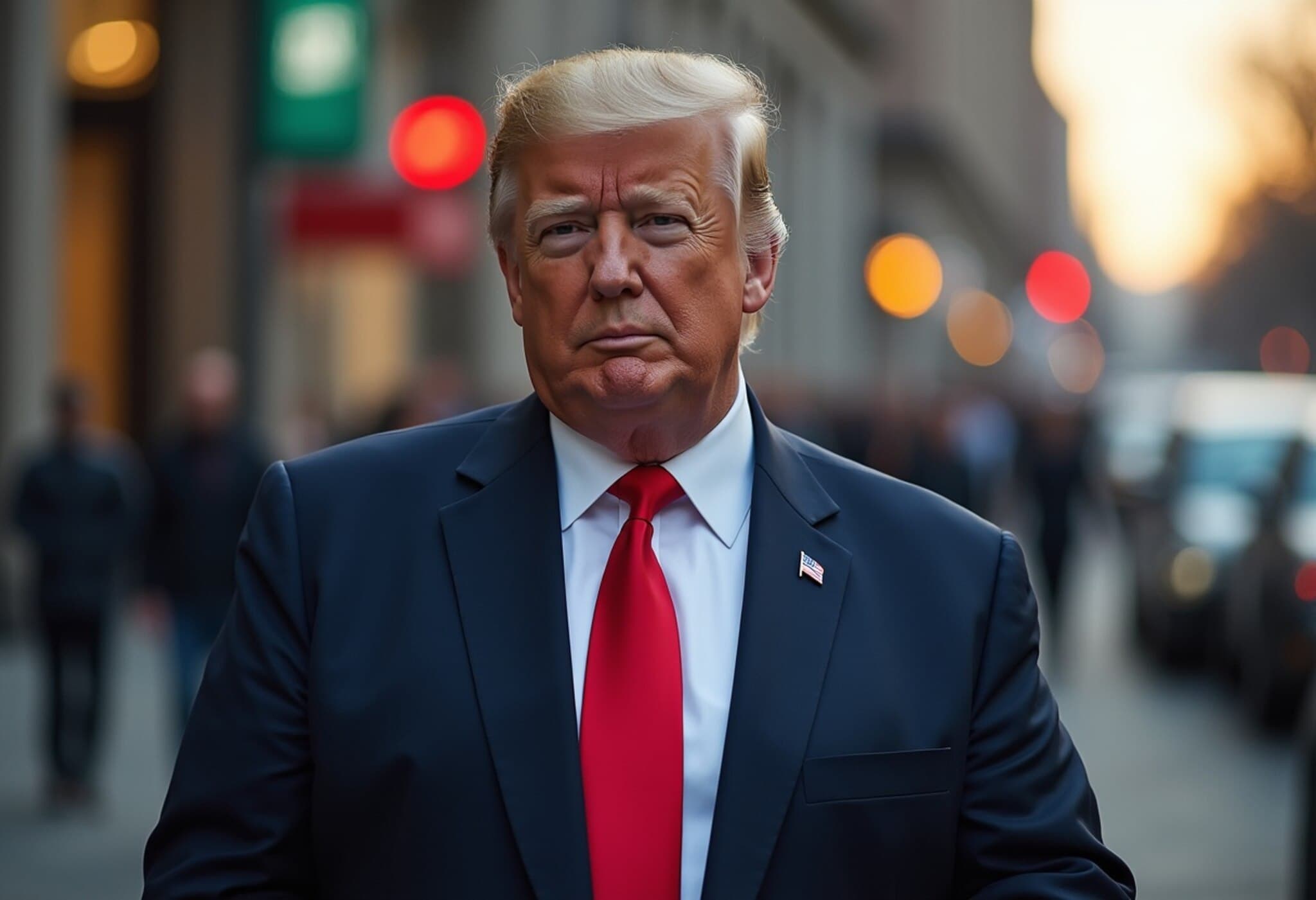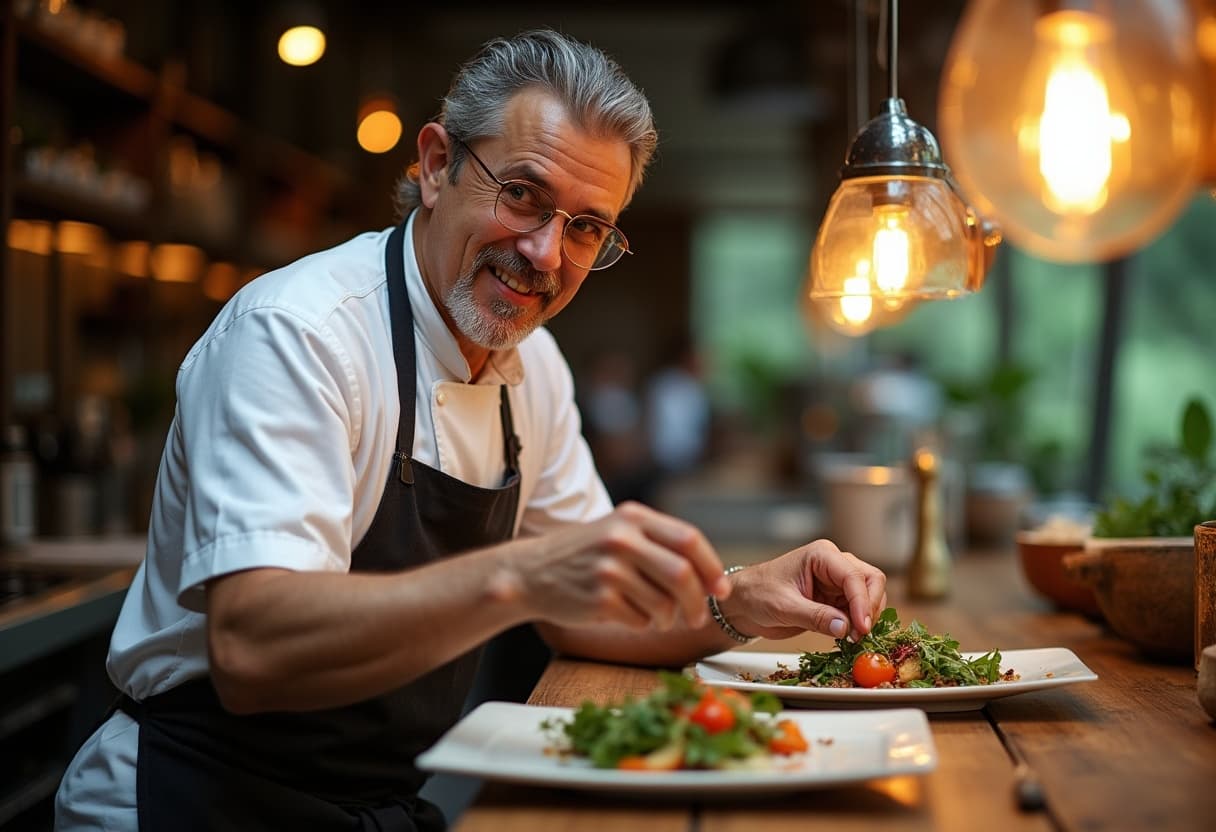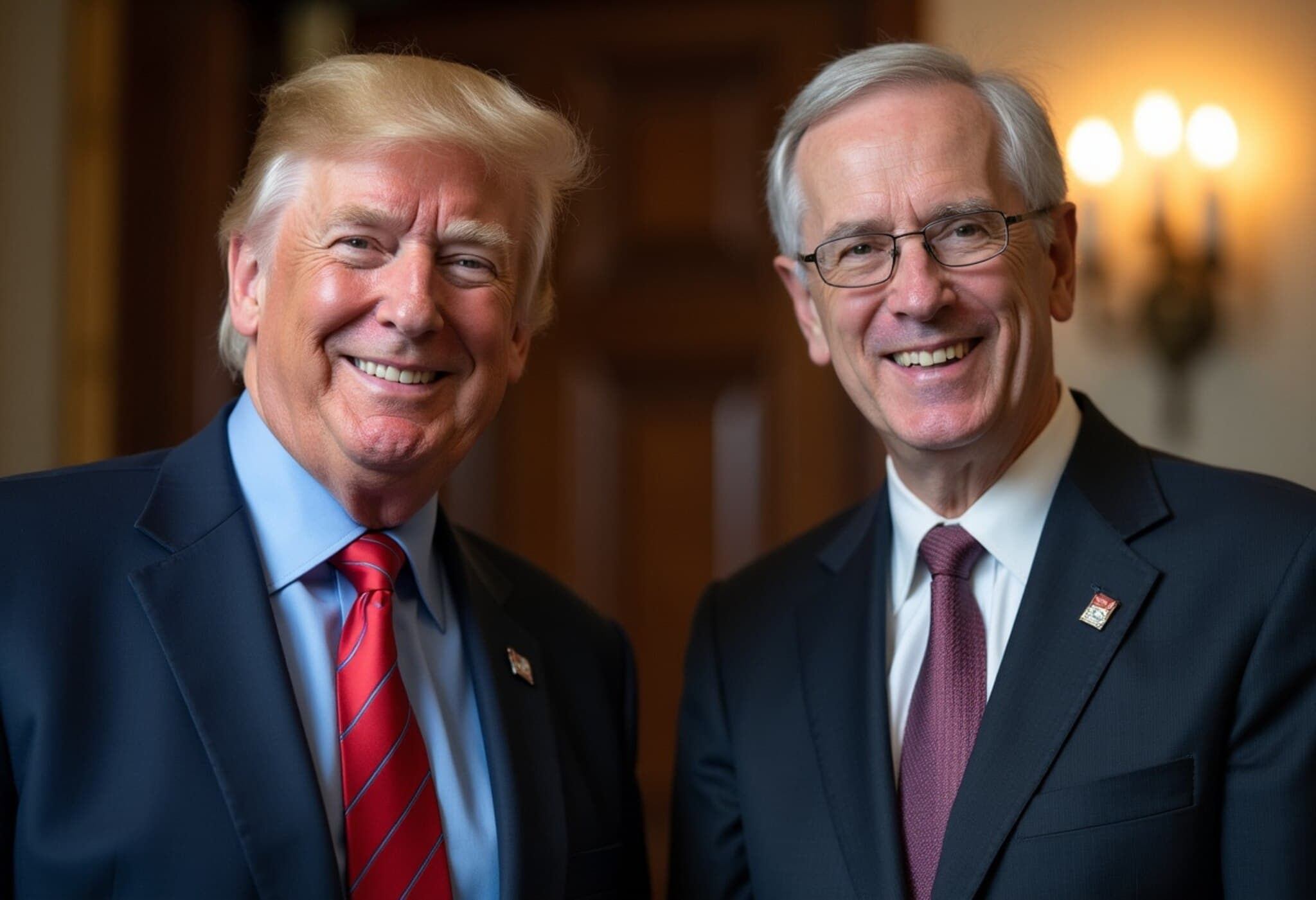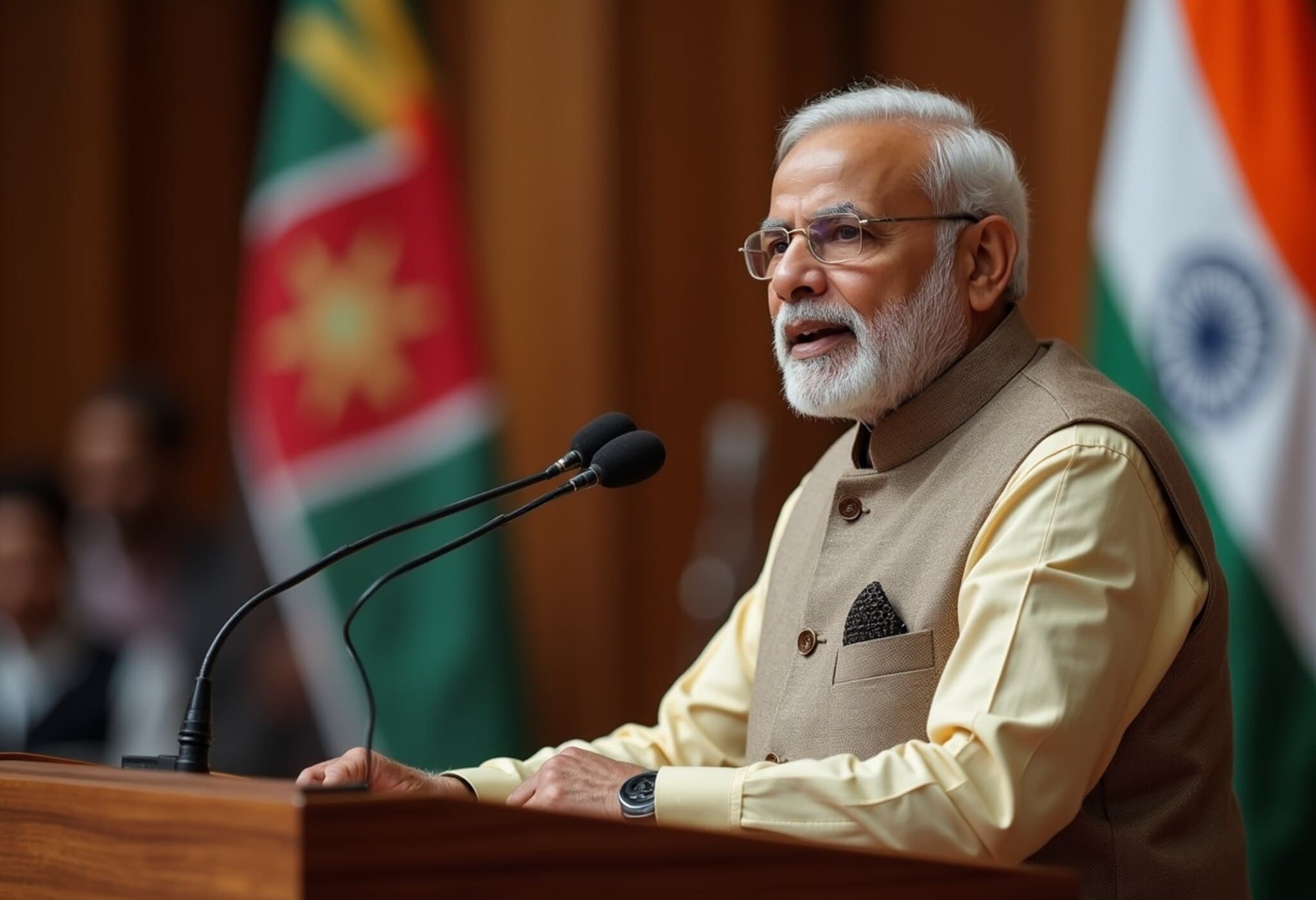Brazil Sees Dramatic Decline in Gun Sales Following Policy Shift
In a striking reversal of the previous administration’s firearm policies, Brazil’s gun sales have plummeted by roughly 90% since President Luiz Inácio Lula da Silva took office, imposing stricter controls on gun ownership that sharply contrast with the permissive stance of his predecessor, Jair Bolsonaro.
Sharp Contrast: From Bolsonaro’s Boom to Lula’s Bust
According to an analysis by the Brazilian newspaper Folha de S.Paulo, drawing on official data made available through a Freedom of Information Act request and verified with the Sou da Paz Institute, only 39,914 firearms were legally purchased in Brazil in 2024. This figure is a precipitous drop from the 448,319 guns sold during Bolsonaro’s final year in 2022, marking a decline of 91%.
The initial fall became evident in 2023 when Lula returned to the presidency and his administration began undoing Bolsonaro-era policies that had substantially eased access to firearms, especially for hunters, sport shooters, and collectors – collectively known as CACs (Caçadores, Atiradores e Colecionadores).
Policy Reforms Driving This Shift
The new regulatory framework introduced by Lula’s government includes:
- More stringent background checks for prospective gun buyers,
- Tighter registration processes for CACs,
- Reduction of limits on personal firearm arsenals.
These steps have been taken amidst concerns that Bolsonaro’s relaxed gun policies inadvertently bolstered illegal firearm trafficking and exacerbated Brazil’s chronic violence issues.
Exceptions and Emerging Trends: The Rise in Rifle Sales
Interestingly, despite the overall downward trend, rifle purchases have increased somewhat. Data indicates that in the first four months of 2025 alone, Brazilians purchased 1,248 rifles – surpassing the total for all of 2024 by 17.4%. This anomalous uptick suggests a nuanced and evolving firearm market that merits further monitoring.
Diverging Views: Safety vs. Rights
The policy reversal has sparked an intense debate. Advocates for gun rights argue these restrictions infringe on citizens’ freedom to self-defense and hunting traditions. On the other hand, public safety organizations and crime prevention experts praise Lula’s measures, viewing them as essential to curbing gun violence and stemming the tide of illegal weapons that fuel Brazil’s high homicide rates.
Brazil’s Gun Control Context and Broader Implications
Brazil has long wrestled with balancing public security and personal freedom. Its high rates of gun-related violence disproportionately affect marginalized communities and contribute to the country’s challenges with organized crime. Lula’s government approach highlights a renewed focus on tightening controls to promote civility and reduce bloodshed, a strategy that resonates with global calls for responsible firearm regulation.
However, the rise in certain firearm categories like rifles raises questions about potential loopholes or shifts in consumer behavior that could undermine long-term violence reduction goals.
Editor’s Note
This dramatic shift in Brazil’s firearm market underlines how political leadership and policy frameworks can profoundly shape public safety outcomes. Yet, one must ask: can tighter legal restrictions alone curb the deep-rooted gun violence in Brazil, or do they risk pushing the trade further underground? Observers should watch whether Lula’s policies maintain momentum and how effective enforcement remains amid Brazil’s complex socio-political landscape.
Key Takeaways:
- Gun sales collapsed by approximately 90% within two years of Lula’s presidency.
- Policy rollbacks target loopholes from the Bolsonaro era that expanded gun access.
- Rifle sales buck the trend, signaling changing consumer patterns.
- Public debate continues regarding the balance between rights and safety.
- Long-term impact hinges on enforcement and addressing illegal arms trafficking.

